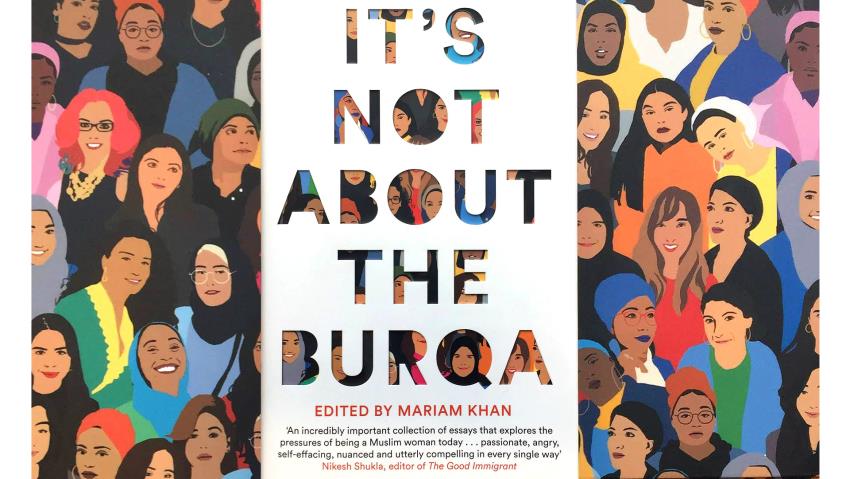BEIRUT – Giving the Muslim women the opportunity to tell their own story, a new book has been published by a feminist Muslim author who challenges the stereotypes pegging Muslim women as “submissive” and judging them by their religious clothing.
“Burqa is the most politicized word around Muslim women,” Mariam Khan, the author of “It’s Not About the Burqa”, told the Thomson Reuters Foundation by phone from England.
“Burqa and hijab are the first things many people think of in the West when they think of Muslim women – that is not a problem, but there is so much more to a Muslim woman than the clothes she wears … I want to diversify their stories.”
The book includes activists, journalists, and researchers, mainly from Britain, who wrote personal stories about mental health, identity, divorce, feminism, and the hijab.
Islam sees hijab as an obligatory code of dress, not a religious symbol displaying one’s affiliations.
As for the face veil, the majority of Muslim scholars believe that a woman is not obliged to cover her face or hands.
Scholars, however, believe that it is up to women to decide whether to cover their faces.

UK’s former foreign secretary Boris Johnson sparked criticism last year with his comment on Muslim women in burqas, saying they “look like letterboxes.”
“Muslim female narratives are often co-opted by everyone who isn’t a Muslim – rarely will you hear authentically, or in an unfiltered way from Muslim women, and it is really unfair,” said Khan.
The wearing of full-face coverings, such as niqabs and burqas, is a polarizing issue across Europe after France and Denmark banned it.
Khan, 26, who wears a hijab, also has an essay in the book. In it, she wrote about how mainstream “white feminism” did not fit with the choices she made within her faith.
“For some feminists in the West they see (the hijab) as oppressive – but for people like me who wear it – I am not oppressed. I am empowered by it because I chose to wear it,” she said.
Other authors in the book, which hit shelves on Thursday, include outspoken Egyptian-American activist Mona Eltahawy, who wrote about misogyny within the Muslim community, as well as her continued fight for women’s rights.
Another contributor, Saima Mir, a former BBC journalist, wrote about being twice divorced, and the negative attitude toward divorce in Muslim Pakistani culture. Her essay questions why the culture judges divorce so harshly.
Khan hopes that after reading the book people will see that Muslim women are not under a “monolithic, single story narrative”, and their voices and stories concerning their faith should be heard.
